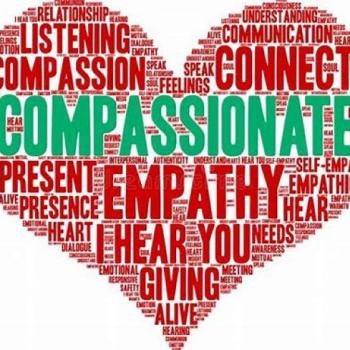Covenant, Schmovenant… Who Cares?
Covenant schmovenant… It’s just another way of saying contract, only more church-like isn’t it? Yes and no. Yes, a covenant is an agreement, like a contract, with two or more parties agreeing to a set of rules to abide by. But that’s pretty much where the two similarities end.
Contracts
A contract is sort of like saying, “I agree to do this right now, but when something better comes along, I plan on bailing.” There is a rare contract that doesn’t have caveats, clauses, or addendums. We all have multiple contracts by the time we start kindergarten. You used to have to actually read and sign (with a pen and ink or blood) a contract. Nowadays, you just scroll down and click a box before you play your video games, use your cell phone app, or play with certain toys. In school, we have behavior contracts and class contracts allowing certain activities and attitudes. And, of course, by the time we become adults, we have reams of contracts that most of us don’t even realize we have. Let me ask: how many of you have read the entire contract you had to click/sign to operate your smartphone? I rest my case.
Covenants
In a covenant, the parties agree to work together for a binding common goal. In other words, no caveats, clauses, or addendums. No getting out of it, moving on, or walking away. It’s an agreement for life, not for the company’s life but for the lifetime of the parties agreeing. Think about that for a second. You will be bound to the other party for life. That’s a pretty big decision to make—particularly when you’re making an agreement with God—who will never die! When we make a covenant, we pledge our actual lives to the other party. This is why you better be double-dog sure before you say “I do” when making a covenant. And trust me, when it came to Old Testament covenants, it meant you would—not you could—have your life taken from you after you agreed.
What were the Old Testament covenants?
There were five major Old Testament Covenants. They were:
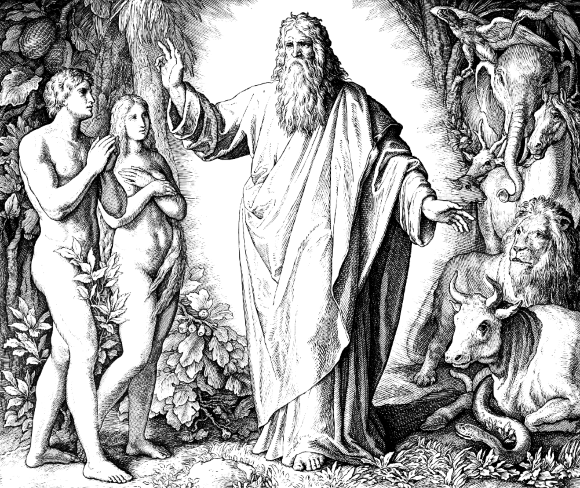
Adam and Eve with God
When God created Adam, He gave Adam and then Eve “dominion over the earth” (Genesis 1: 26). In other words, Adam and Eve became (collectively) the Royal Priest and King of the earth. High Priest as the mediator between all on earth (dominion) and God. And they were to pass judgment over all that populated their world, as would the King. When Satan entered the picture and Eve got tricked, then gave Adam the apple, they broke the very first covenant, choosing the ability to die.
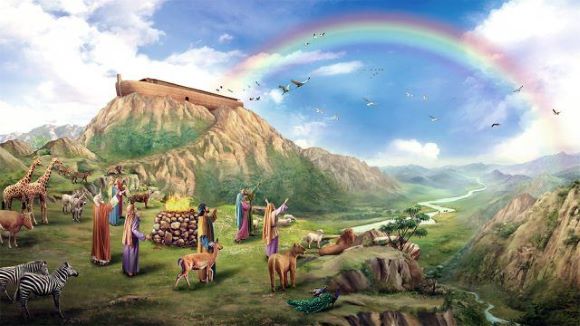
Noah with God
Humanity had become so corrupt that God justifiably could have treated the world like one huge etch-a-sketch. Shaken it. And started over. Instead, to save all that was good that was left, He saved two of all creatures (male and female) and eight humans led by Noah while destroying everything else on Earth in a great global ‘reboot.’ After landing the ark, Noah let all creatures out, and God approached and made a covenant with Noah that he would never again destroy all by flood. Instead, He will slowly try to bring back and redeem humanity, one prophet, one king, and one people at a time. He showed His decision by putting a rainbow in the sky for all to see.
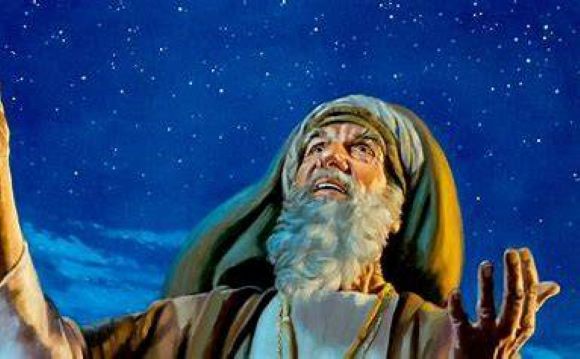
Abraham with God
Abram is a happy shepherd with a pretty wife in the land of Ur when God calls him to the land of Canna. God promises Abram would father nations in the new land. After moving to Canna, he went to war with a few other tribal leaders, giving homage and 10% of all he owned to the Priest/King of Salem, who said he was a follower of the One True God. His name was Melchizedek. After all of that, his wife, Sarah, had a single child, Issac. Abram (now named Abraham and well over 100) is asked to make a covenant with God. God promises that if Abraham stays faithful to Him, he will make Abraham’s descendants His own special people, from whom an Anointed one will come that will redeem the people back to God. But they must be circumcised as a visible sign they agree. This was the first blood sacrifice God asked for. Just wait; there will be more.
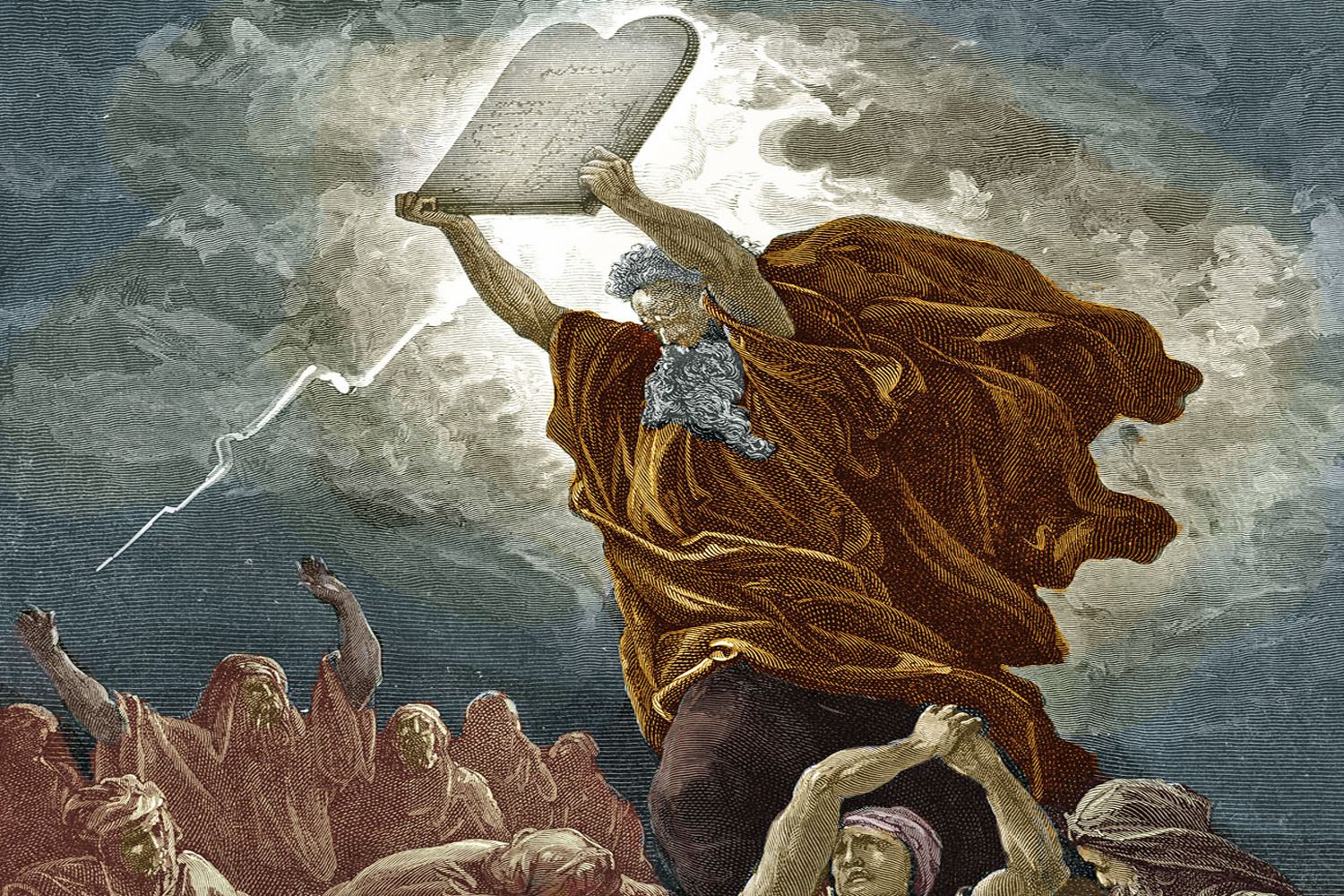
Moses and the Hebrews with God
Through Moses, God brought the Israelites out of Egypt to His sacred mountain to create a covenant with them. He would always be in their corner if the people followed God’s laws. He’d go to battle with them, back them, remove illness from their midst, and finally give them the land promised to Abraham. But, humans being humans, the Israelites were breaking the new laws before the stone tablets cooled where God had written the commandments with His fiery finger. God gave the people a second chance. This time, the covenant was sealed with the blood of sacrificed bulls. Moses, acting as a Leader/Priest, “…took half of the blood and put it in large bowls; the other half he splashed on the altar. Taking the book of the covenant, he read it aloud to the people, who answered, ‘All that the LORD has said, we will hear and do.’ Then he took the blood and splashed it on the people, saying, ‘This is the blood of the covenant which the LORD has made with you according to all these words.’” (Exodus 24: 6-8)
Ick! Why bull’s blood? (An Explanation)
Why bull’s blood? For three reasons. 1) Blood is the symbol of life. Only God is the master of life; therefore, all blood is the property of God. 2) bulls were used because that’s what they were worshiping when Moses came down from the mountain with the commandments. Sacrificing a bull was visual proof that they were killing the old gods and worshiping the one true God. 3) When a covenant was made using an animal, the animal was cut in half, the blood extracted, and the two parties walked between the two halves of the animals, signifying what happened to the animal would happen to the party that broke the covenant. Since God did not come down to the people bodily, Moses sprinkled one half on the altar (representing God) and the other half on the people.
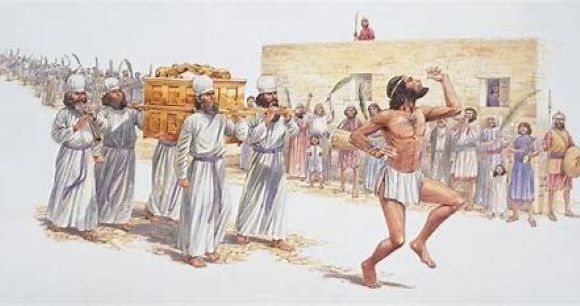
David with God
David brought the Ark of the Covenant to the “City of David,” a.k.a. Jerusalem, the same place where Abraham was asked to sacrifice Issac and where he sat in communion with Melchizedek. David danced before the Ark and sacrificed oxen, burnt offerings, and communion offerings—acting as a Royal Priest as King. God, again, decided to make a covenant. This time, with King David and his descendants, God promised that a royal throne would be established forever from his line, foreshadowing the birth of Jesus, the actual Royal Priest, King, and Sacrifice in one.
Covenant, Schmovenant… Why Should I Care During Lent?
Because the biggest, “baddest,” hardest core covenant is yet to come! Jesus. Jesus is the new and last covenant. Think about it. In Jesus, you have the only human ever to fulfill perfectly a covenant with God. That’s huge! And, by fulfilling all the laws perfectly, Jesus weaved His way back into God’s original plan for humankind, everlasting life with Him. Jesus redeemed—paid back—the debt created by Adam and Eve and their blowing off God’s wishes.
What allowed this was Jesus’s nature. He is “God from God, Light from Light, true God from True God…” as the Nicene Creed says. He was God and man simultaneously—man in body and every other way and God in divine nature. So, Jesus is the Royal Priest, the Anointed One (Messiah) and King foretold, and the Holy Sacrifice all rolled into one, called for to pay off the debt.
Do We Have Covenants Today?
Yes, we do. The Sacraments of the Church are all covenants with God. When you are baptized, have first communion, go to confession, are confirmed, take holy orders, get married, or have the last rites, you enter into a covenant with God. You are promising to fulfill His will to the best of your ability. So, the next time you go to communion, remember you are fully committing to the body, blood, soul, and divinity you are about to receive. When you say, “I do” at your wedding, you are committing to “death till you part.” At confirmation, you are committing to saying “yes” to all that Jesus stands for, even unto “death, death on a cross.”
So, during this Lent, think about who and what you are committed to. Is anything not bringing you closer to God’s original plan for you? To be with him in Paradise, Eden, New Jerusalem, whatever you want to call it? Think about it… Then, lose it. Your eternal soul will thank you.




